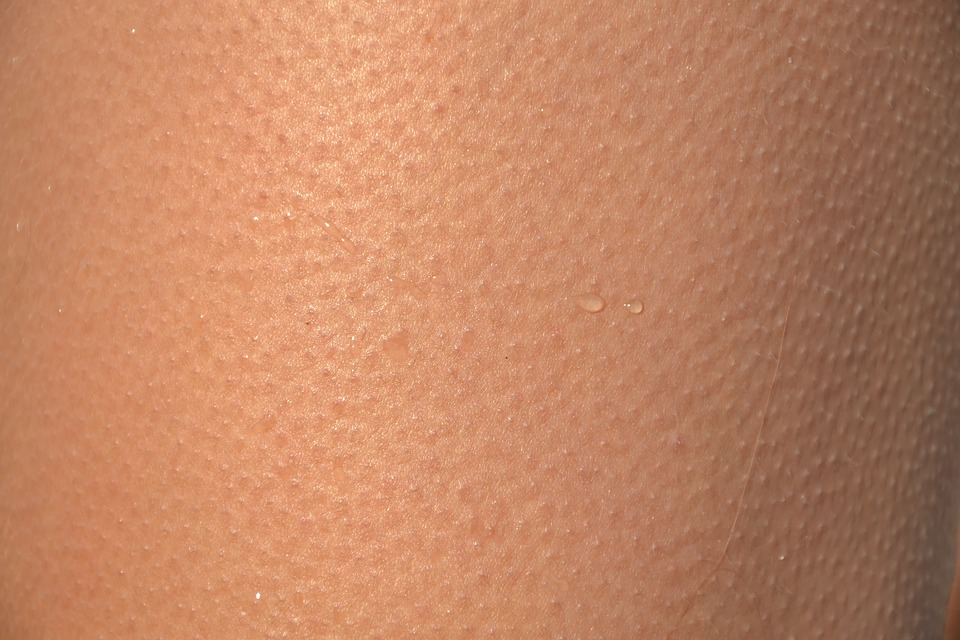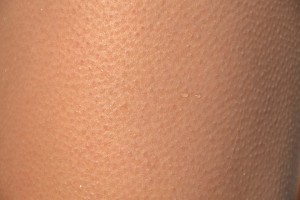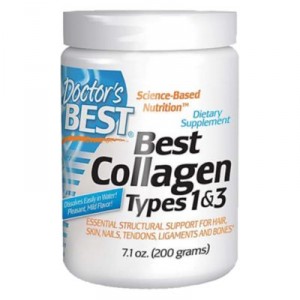Collagen is a fibrous insoluble protein that constitutes 65% of the protein content in our body. It is found in the connective tissues of our organs like heart, lungs, bones, hair, joints, nails, etc. It is an integration of 1500 amino acids like proline, hydroxyproline, glycine, etc. They consist of a group of genetically contrasting molecules that display a triple helix structure of polypeptide subunits. There are many types of collagen, but a human body mostly has 3 types of them. They are characterised as strong and flexible. Especially, Type I is particularly known for being stronger than steel.
Skin health
Type I is considered the best type of collagen for use in skin care supplements. It is established that collagen strengthens the skin and increases elasticity. Its reduction in skin shows the effects of aging. With an increase in age, the human body produces a lesser amount of this protein. This causes wrinkles and other signs of aging. These may be cured or slowed down by elevating the level of collagen in the body. However, human skin does not absorb this protein. Thus, taking in a supplement for this protein is a popular practice.
Fish collagen peptides are small peptide molecules that are absorbed by the small intestines and this helps in increasing the level of this protein in the human body. Due to its superior absorption characteristics, the supplement for this protein is becoming popular to regain smoothness in the skin.
This protein pumps up the skin freshness and makes it firm and flexible. Due to its fibrous and stable configuration, many plastic surgeons use it as a supplement to offer their patient a youthful look. In such cases, the protein is directly injected into the parts where wrinkles have left their marks. The protein pumps up the part and makes it less noticeable.
In 2008, a study conducted in Tokyo on a sample consisting of 33 women in the age group of 40 to 60 years showed that intake of hydrolyzed collagen causes an increase in skin hydration and resilience.
Joint health
Cartilages consist of cells which have 2 major components – Type II collagen and Aggrecan. Type II delivers tensile strength to the tissues. While, the Aggrecan helps the cartilages to withstand squeezing pressure. In Osteoarthritis, the body releases pro-inflammatory molecules that induces the production of enzymes that degrade the two components of cartilages. A clinical research done by Moskowitz showed a positive effect on the curing knee joint with 10g of collagen every day. This effect was more pronounced on patients suffering from higher level Osteoarthritis.
Another study was conducted regarding the effectiveness of these proteins on the athletes suffering from joint pain. In 2008, this study was conducted for 24 weeks on a sample size of 147. The sample consisted of sportspersons who were suffering from joint pain. The sample was divided into 2 groups. One group was given a solution of 10g collagen every day while the other group received Placebo. The group receiving collagen hydrolysate solution showed significant positive changes in the health of the joints. This result has showed that this protein can be used in the treatment of deteriorating joint.
Organ health
Glycine contained in Collagen helps to reduce liver damage. The liver gets damaged when it absorbs foreign substances that must not have been going through it. One of the most efficient ways to cleanse the liver is with the use of bone broth fast. A 3-day bone broth detox may rapidly help to leak out the guts and get rid of the accumulated toxins in the body. This will reset the guts and help to maintain a good health of the liver.
Collagen level deteriorates naturally with age and there is hardly any other way to prevent it. However, taking precautionary steps help to slow it down.
References
http://goo.gl/5xn8bL
http://goo.gl/ONX8TT
http://goo.gl/hM4HSH




Leave a Reply